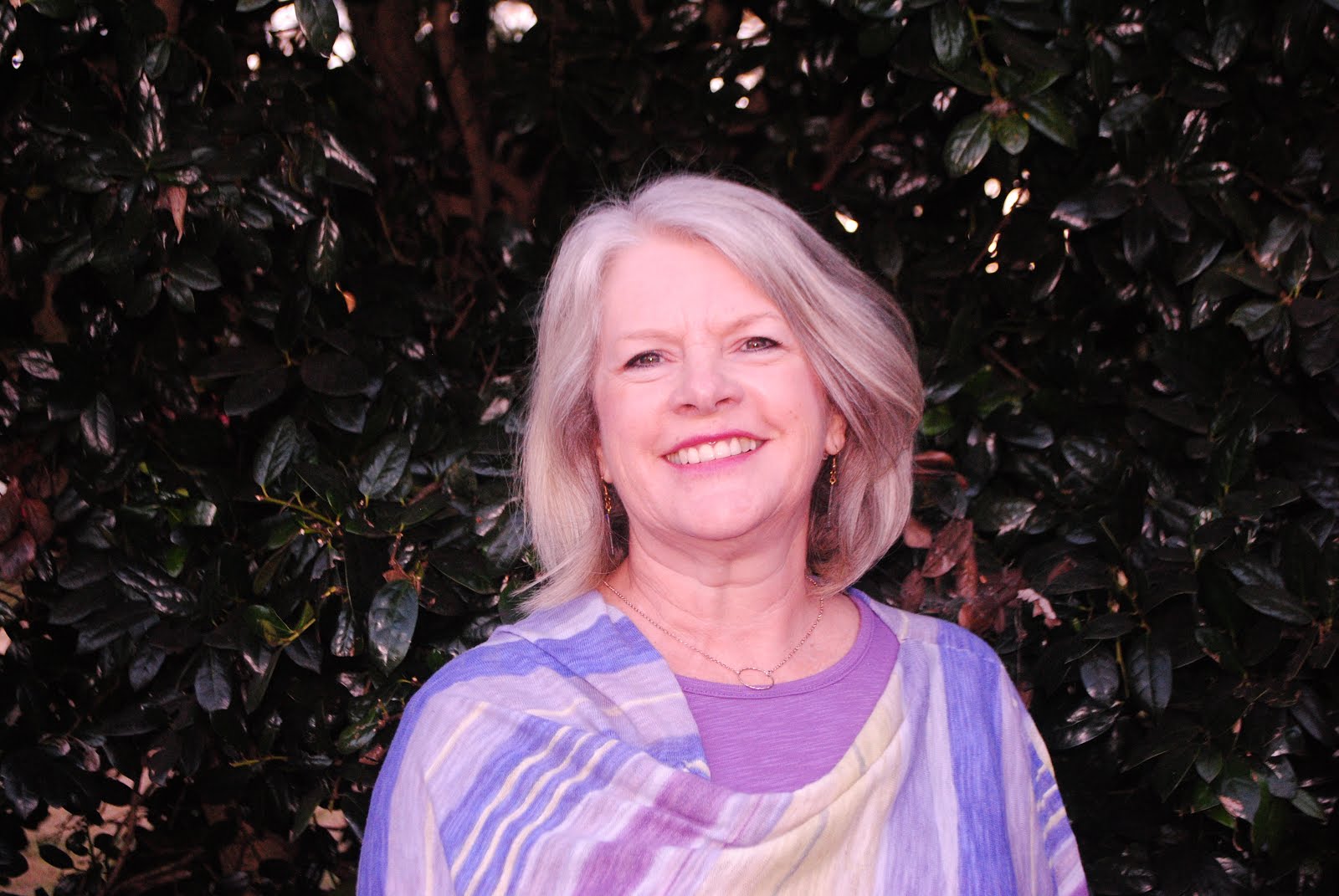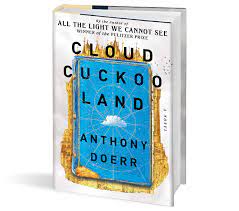Fall traditionally means festival season, with a number of my favorite music festival almost back to back in September and October. Usually, though, I look forward at least as much to the Southern Festival of Books, a splendid Nashville event held downtown between the Nashville Public Library on Church Street and Municipal Auditorium with book exhibits (and food trucks) of all kinds in between.
This year's festival was moved to a virtual platform (with the recordings still available for those who missed them), and I'll confess that Zoom fatigue kept me from participating as much as I would have otherwise.
Nevertheless, readers have plenty to choose from right now. I dipped into some of the most recent releases in the past month. I started with Mona Awad's All's Well, a quirky novel with a decidedly unreliable narrator, Miranda Fitch, whose acting career (Shakespeare festivals, not Broadway) was cut short when she fell off stage during the sleepwalking scene in "The Scottish Play." She's left with debilitating back and hip pain, which certainly interferes with the job she has landed teaching theatre at a college where the drama budget is dwindling.She is dead set on staging All's Well That Ends Well, even though the students want to perform Macbeth instead. To complicate matters, she has to square off with the daughter of the school's biggest donor (whom she is always forced to cast in leading roles.) The plot moves between entirely believable (for anyone who's ever been involved in high school or college theatre) to implausible magical realism, including three men she encounters at her local bar who reflect Shakespeare's Weird Sisters.
Louise Penny's latest novel in her Three Pines series, The Madness of Crowds, just came out, moving immediately to the top of my book stack. Gamache and his family have returned from Europe. The novel is set just as the introduction of the Covid vaccines have restored hope, as a lecturer at the small local college is stirring up crowd furor. Statistic professor Abigail Robinson is the subject of an attempted murder on Gamache's watch. He and even more so his right hand man and son-in-law Jean-Guy Beauvoir have to wrestle with their personal biases as they investigate the attempt and then a murder that follows. Penny weaves in the historical account of former McGill University professor Donald Ewen Cameron, who conducted horrendous experiments on patients in the 50s and 60s in the MKUltra project. She also introduces the fictional Haniya Daoud, a young female Middle Eastern nominee for the Nobel Peace Prize. Her visit to the small village proves disquieting as well.
One of my favorite recent reads has been Richard Osman's The Thursday Murder Club. Set in an upscale Kent retirement community, the novel has a delightful cast of characters. Central to the plot are the four residents who form the murder club, meeting weekly to try to untangle unsolved murders. Landing right in their laps is an actual murder that takes place just as the developer makes plant to expand the development and relocate the old cemetery, the resting place of the nuns at the former convent. The characters manage to stay just one step ahead of the police,
After his huge success with All the Light We Cannot See, Anthony Doerr has an easy instant readership for his newest novel Cloud Cuckoo Land. Anyone expecting him to do more of the same needs to reset expectations. This new novel doesn't resemble his earlier novel in any way--except that it is a beautifully written story with fascinating characters. I read it while teaching The Iliad, so the literary references to Homer and to all the many lost tragedies and comedies from that period of literary history struck a chord.
Doerr's settings include medieval Constantinople during the attacks by the Sultan, Idaho from before the Korean War until 2020, and the late 21st century on board a spaceship headed away from the earth toward a planet believed capable of supporting human life. Cloud Cuckoo Land, the fictional lost tale of the title, is a surviving codex by Diogenes, that weaves its way through all of the story lines, bringing the characters together: Omeir, a boy with a cleft palate forced to fight for the sultan; Anna, a girl raised in the abbey inside the city gates during the siege; Zeno Ninis, an unlikely octogenarian hero; Seymour, a socially awkward young man disturbed by the development of the woods near his mother's mobile home; and Kontance, onboard the Argo, the spaceship where she was born. The novel is, among other things, a beautiful elegy to all the lost texts.
With so many diverse books from which to choose, any reader can experience a reading festival of one. How much better, though, to be able to talk about these books with someone else.









